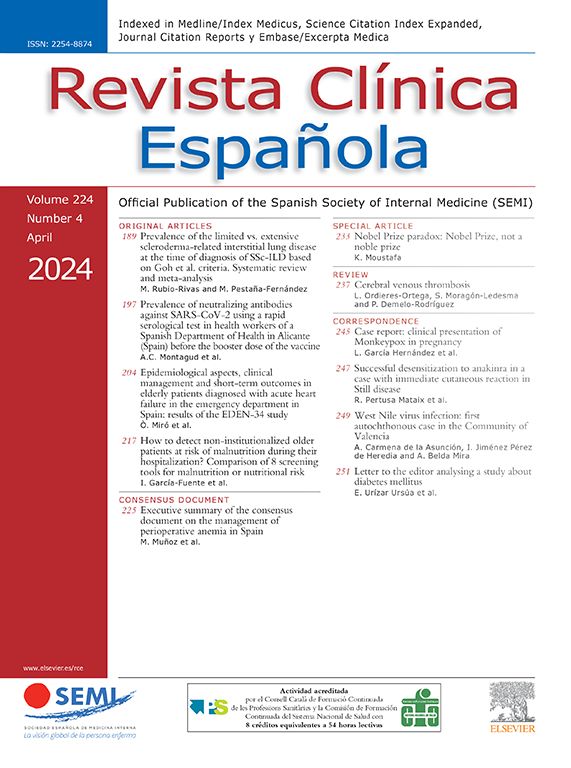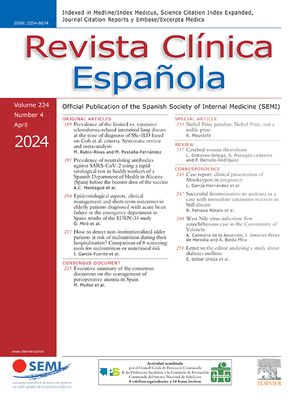En la investigación biomédica es frecuente el diseño de estudios observacionales para determinar la asociación entre un tratamiento o exposición y el efecto que pueden producir. Con el mismo fin se desarrollan los estudios aleatorizados, que aunque obtienen resultados más precisos, son más complejos y costosos.
La aplicación de la metodología propensity score (PS) en los estudios observacionales hace que disminuya la aparición de los sesgos que normalmente presentan, acercándolos en precisión y fiabilidad a los estudios aleatorizados.
Dado el incremento que se ha producido en los últimos años respecto a la utilización de metodología PS en investigación clínica, consideramos que es de especial interés realizar una descripción de la misma, resaltando su ámbito de aplicación y las diferentes técnicas de uso.
Observational studies are frequently used in biomedical research to determine associations between a treatment or exposure and the effects they can produce. Randomized control trials have been developed with the same purpose. Although they provide more precise results, they are more complex and costly.
The use of propensity score methodology in observational studies helps to decrease the appearance of bias that they normally present, making them more accurate and with better reliability than randomized control trials.
Given the increase in the use of the propensity score methodology in clinical research in recent years, we consider that it is of particular interest to make a description of it, highlighting its application scope and different use techniques.
Article
Diríjase desde aquí a la web de la >>>FESEMI<<< e inicie sesión mediante el formulario que se encuentra en la barra superior, pulsando sobre el candado.

Una vez autentificado, en la misma web de FESEMI, en el menú superior, elija la opción deseada.

>>>FESEMI<<<






